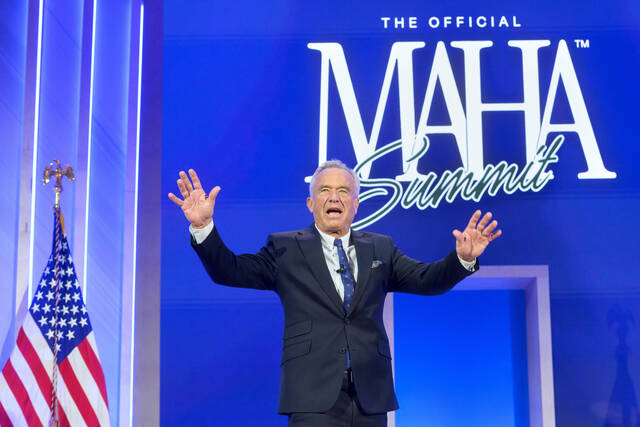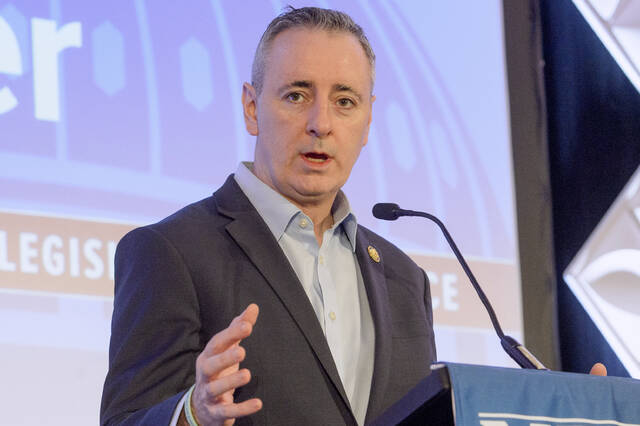When talking about Russia’s politics, espionage, criminal activities and, of course, the war in Ukraine, one word pops up with regularity.
Oligarchs.
The way in which it is used, and the authority that it conveys, makes it sound like oligarchs are an official position within the country. They might well be high-ranking public officials or aristocrats with hereditary titles or both. They are discussed like they rule the kind of minor principalities that once peppered Europe.
But oligarchs aren’t an institutional part of Russian society. They are the wealthy and the powerful.
That isn’t a position that exists exclusively in Russia. There are only 83 Russians on the Forbes list of billionaires — which doesn’t include President Vladimir Putin, who is widely believed to be one of the richest rulers in the world, although he claims to make less than your average U.S. senator.
There are 735 billionaires in America, according to Forbes. Yet the word oligarch is seldom, if ever, used to describe Americans such as Elon Musk and Jeff Bezos.
Why?
The way in which we use language matters, because it shapes how we think about the things we discuss. Call someone a victim or a survivor and it changes the narrative of not what was experienced but how it was endured.
Say oligarch and you are just a breath away from oligarchy — the word that describes a government dominated by the powerful. There is a reason that word is used for the wealthiest Russians. It’s accurate.
But as Elon Musk prepares to buy Twitter — the 15th largest social media company in the world — for $44 billion dollars with the same “Oh what the hell, let’s be bad!” attitude I use when a waitress asks if I want to see the dessert menu, it is worth asking why we don’t apply it more aggressively to our richest Americans.
Is it because we don’t like to think about American billionaires being that kind of Lex Luthor-like influencers? Do we like to think of them as more Rockefeller and Carnegie? We know how much money they pour into elections, frequently on both sides of the aisle, and how much is funneled into lobbying for the actions they want done. They host fundraisers for politicians who are as much about access as they are about money.
None of this is illegal. None of it is even necessarily wrong as long as it follows the rules and is fully disclosed. But it is absolutely about influence and control and definitely points to a way that our democratic republic has more than a tinge of oligarchy to it.
When we talk about Musk and Bezos, the Walton and Koch families, it is worth thinking about the language we use.








